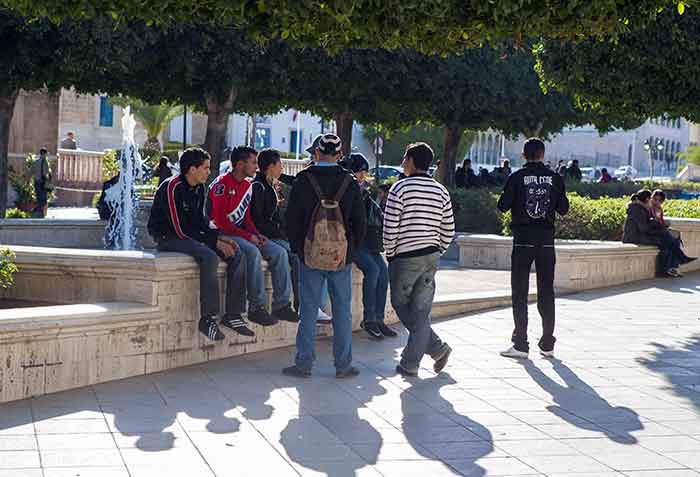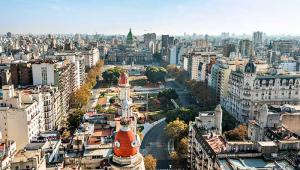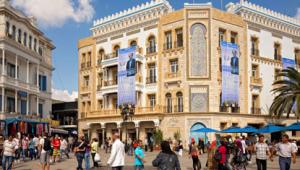web_tunisiastudents_shutterstock_290889734.jpg

A group of students in Tunisia
IMF staff and Tunisian authorities have reached agreement for external financing for a programme to boost priority public investments, developing a fairer tax system and improving public service delivery in line with the Tunisian government’s next five-year development plan.
“Near-term priorities include the approval of draft legislation aimed at strengthening central bank independence and banking sector stability, the completion of the restructuring of public sector banks and the adoption of an equity-enhancing tax strategy,” Amine Mati, the fund’s mission chief for Tunisia said.
Five years after ousting former president Zine al-Abidine Ben Ali in 2010, in a relatively peaceful transition, many in the country remain discontented with the failure of successive governments to deliver the opportunities promised by the revolution.
Just over 15% of the population is unemployed, rising to 31% among young people, who are increasingly disillusioned.
In February, the World Bank approved a $70m project to support employment among university graduates whose degrees have so far not proven a ticket to good work.
The country’s crucial tourism sector was down 50%, rocked by a spate of terrorist attacks, and the informal sector is growing instead, depriving the state of much-needed funds.
Overall, the country’s gross domestic product per capita fell by 10% in 2015, and foreign investment shrunk by one third.
The IMF’s programme will support the government in their efforts to turn things around, outlined in the 2016-20 development plan. It aims to cut unemployment to 11%, reduce the government deficit from 8.5% to 6.8% and achieve a growth rate of 5%, compared to the 0.5% achieved in 2015.
To do this, the government plans to boost public investment by 50% compared to 2015 and implement major reforms to administration, procurement and the tax system, among a host of other changes.
“With the implementation of these policies, Tunisia will be better placed to address economic challenges and mitigate risks that could arise from a worsening international economic environment or rising regional security tensions,” Mati said.
“Overall, [the programme] will help the Tunisian authorities achieve their objectives of generating faster and more inclusive growth, reduce regional equalities and raise the living standards of all Tunisians.”
The IMF’s board is expected to consider whether to approve the programme next month.













